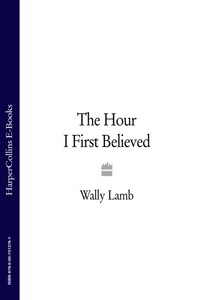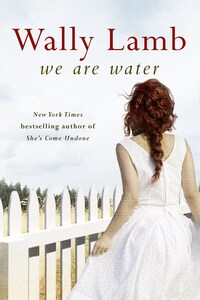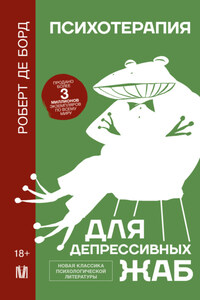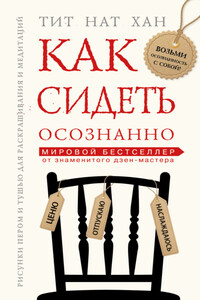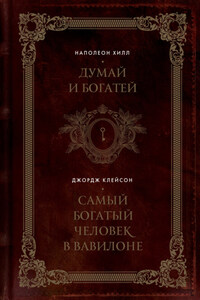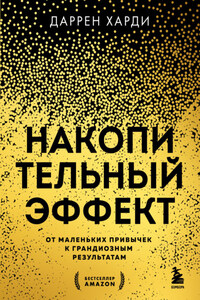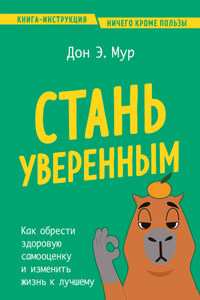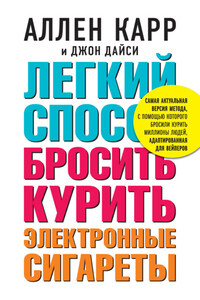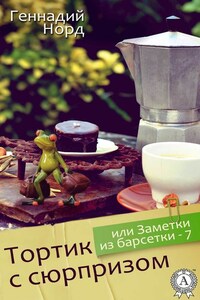A series of debilitating strokes and the onset of dementia necessitated the agonizing conversation I had with my mother in the winter of 1997. When I told her she’d be moving to a nearby nursing home, she shook her head and, atypically, began to cry. Tears were a rarity for my stoic Sicilian-American mother. The next day, she offered me a deal. “Okay, I’ll go,” she said. “But my refrigerator comes with me.” I couldn’t meet her demand, but I understood it.
Ma’s refrigerator defined her. The freezer was stockpiled with half-gallons of ice cream for the grandkids, and I do mean stockpiled; you opened that freezer compartment at your peril, hoping those dozen or so rock-hard bricks, precariously stacked, wouldn’t tumble forth and give you a concussion. The bottom half of Ma’s “icebox” was a gleaming tribute to aluminum—enough foil-wrapped Italian food to feed, should we all show up unexpectedly at once, her own family and the extended families of her ten siblings. But it was the outside of Ma’s fridge that best spoke of who she was. The front and sides were papered with greeting cards, holy pictures, and photos, old and new, curling and faded, of all the people she knew and loved. Children were disproportionately represented in her refrigerator photo gallery. She adored kids—her own and everyone else’s. My mother was a woman of strong faith, quiet resolve, and easy and frequent laughter.
This story’s been a hard one to write, Ma, and it got harder after you left us. But I had the title from the very beginning, and when I reached the end, I realized I’d written it for you.
(P.S. Sorry about all those four-letter words, Ma. That’s the characters speaking. Not me.)
AND SO, THEY MOVED OVER THE DARK WAVES,
AND EVEN BEFORE THEY DISEMBARKED, NEW HORDES GATHERED THERE.
Dante’s Inferno, canto 3, lines 118–120
THEY WERE BOTH WORKING THEIR final shift at Blackjack Pizza that night, although nobody but the two of them realized it was that. Give them this much: they were talented secret-keepers. Patient planners. They’d been planning it for a year, hiding their intentions in plain sight on paper, on videotape, over the Internet. In their junior year, one had written in the other’s yearbook, “God, I can’t wait till they die. I can taste the blood now.” And the other had answered, “Killing enemies, blowing up stuff, killing cops! My wrath will be godlike!”
My wrath will be godlike: maybe that’s a clue. Maybe their ability to dupe everyone was their justification. If we could be fooled, then we were all fools; they were, therefore, superior, chaos theirs to inflict. But I don’t know. I’m just one more chaos theorist, as lost in the maze as everyone else.
It was Friday, April 16, 1999, four days before they opened fire. I’d stayed after school for a parent conference and a union meeting and, in between, had called Maureen to tell her I’d pick up takeout. Blackjack Pizza was between school and home.
It was early still. The Friday-night pizza rush hadn’t begun. He was at the register, elbows against the counter, talking to a girl in a hairdresser’s smock. Or not talking, pretty much. There was a cell phone on the counter, and he kept tapping it with his index finger to make it spin—kept looking at the revolving cell phone instead of at the girl. I remember wondering if I’d just walked in on a lover’s spat. “I better get back,” the girl said. “See you tomorrow.” Her smock said “Great Clips,” which meant she worked at the salon next door—the place where Maureen went.
“Prom date?” I asked him. The big event was the next night at the Design Center in Denver. From there, the kids would head back to school for the all-night post-prom party, which I’d been tagged to help chaperone.
“I wouldn’t go to that bogus prom,” he said. He called over his shoulder. “How’s his half-mushroom-half-meatball coming?” His cohort opened the oven door and peered in. Gave a thumbs-up.
“So tell me,” I said. “You guys been having any more of your famous Blackjack flour wars?”
He gave me a half-smile. “You remember that?”
“Sure. Best piece you wrote all term.”
He’d been in my junior English class the year before. A grade-conscious concrete sequential, he was the kind of kid who was more comfortable memorizing vocab definitions and lines from Shakespeare than doing the creative stuff. Still, his paper about the Blackjack Pizza staff’s flour fights, which he’d shaped as a spoof on war, was the liveliest thing he’d written all term. I remember scrawling across his paper, “You should think about taking creative writing next year.” And he had. He was in Rhonda Baxter’s class. Rhonda didn’t like him, though—said she found him condescending. She hated the way he rolled his eyes at other kids’ comments. Rhonda and I shared a free hour, and we often compared notes about the kids. I neither liked nor disliked him, particularly. He’d asked me to write him a letter of recommendation once. Can’t remember what for. What I do recall is sitting there, trying to think up something to say.
